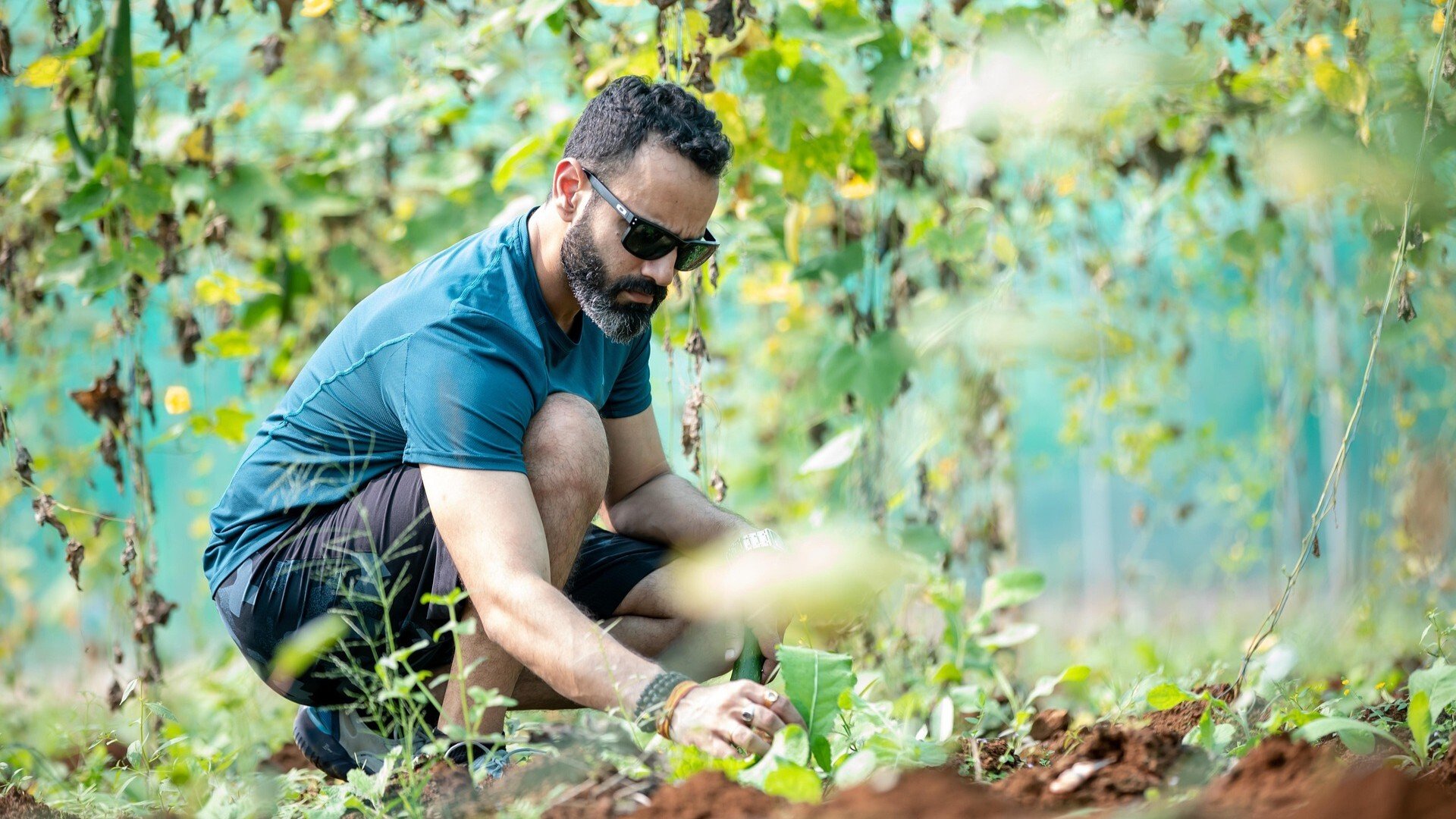Agrosensing, led by Gustavo Gomez at the Institute of Integrative Systems Biology (I2SysBio), will develop devices to detect early signs of stress in crops to improve production. The objective of the project is to provide farmers with an easy-to-use and cost-effective system for routine, on-site field-level verification of biomarkers for early warning of damage associated with biotic and/or abiotic stress in crops, to assist them in decision-making for efficient production management
A project led by the Institute of Integrative Biology of Systems (I2SysBio), located in the scientific-academic area of the Science Park of the University of Valencia (PCUV), as well as a joint center of the Higher Council for Scientific Research (CSIC) and the University of Valencia (UV), is among the 10 selected in the Impulsa-T programme of the main public research body in Spain. This initiative seeks to promote the creation of CSIC’s Knowledge-Based Enterprises (EBC) or Spin-offs that develop and commercialize technologies and business ideas generated at CSIC centers. Impulsa-T is part of Converge, the open innovation hub powered by the Vice Presidency of Innovation and Transfer, which acts as a meeting point between people, ideas and resources focused on making innovative projects a reality.
The 10 new EBC projects born in the scientific environment respond to current challenges, ranging from on-site detection of early signs of stress in crops to improve production to the development of robotic technology for remote victim localization, the attack with biological nanomisils against metastatic ovarian cancer, one of the most lethal tumours.
"AgroSensing was created with the aim of equipping farmers with the ability to check, routinely and at the foot of the plot, the presence of biomarkers for early warning of damage associated with biotic and/or abiotic stress in crops, in order to assist them in making decisions for efficient production management", Gustavo Gomez, researcher at I2SysBio who is driving the initiative
Thus, the selected project of I2SysBio is AgroSensing: Diagnostic systems for agriculture. The agricultural production system is in the midst of major economic, social and environmental changes. Producers need to adapt to more efficient crop management, requiring economically viable technological tools. AgroSensing was created with the objective of "equipping farmers with the ability to routinely verify, at the foot of the plot, the presence of biomarkers for early warning of damage associated with biotic and/or abiotic stress in crops, in order to assist them in making decisions for efficient production management», summarizes Gustavo Gómez, researcher at I2SysBio who is driving the initiative.
To this end, his research group developed the PlantPredictor technology, a paper-based microfluidics-based plant stress RNAs detection device that has proved useful for crop health monitoring, early warning of the risk and allowing precise actions. With the support of the IMPULSA-T call, the AgroSensing team will tackle the further development of PlantPredictor and its market introduction, paving the way for its adaptation to the next generation of autonomous electrochemical devices, contributing to the digitisation of agriculture.
Practical approach and market orientation
The potential EBC projects selected by the Impulsa-T program stand out for their practical approach, their transformative potential and their ability to convert the knowledge generated in the CSIC centers into applied innovation with a tangible impact. Although these initiatives come from different disciplines, they share the same ambition to turn science into concrete solutions for society, based on technologies developed at the institution and generating a new spin-off companyoff the CSIC as an instrument for development and innovation.
The Impulsa-T programme offers these ten teams a combination of financial support (up to 50,000 euros per project) and personalised technical support for one year, which will enable each project to advance in key areas for its consolidation on the market, as prototype development, commercial validation, market analysis, financing or the setting up of an entrepreneurial team.
With this new edition, the CSIC reinforces its commitment to a transfer model that not only transfers knowledge to the market, but also generates skilled employment, stimulates new spin-offs and contributes to an economy based on innovation.
Source: Delegation CSIC Comunitat Valenciana
Recent Posts


